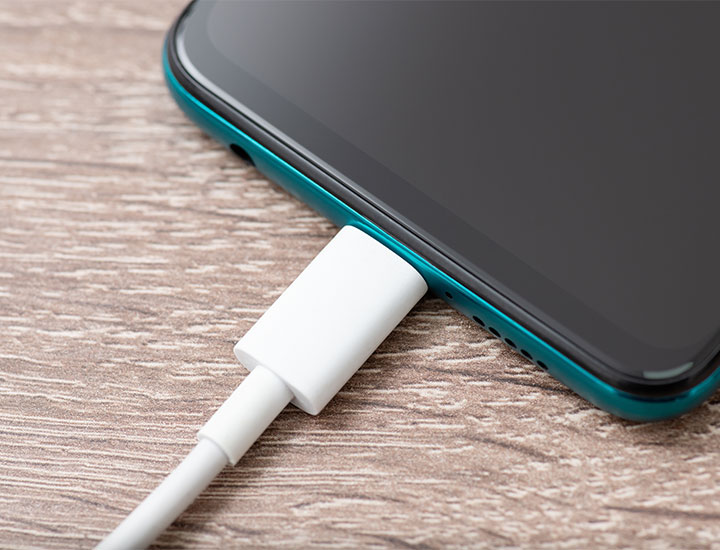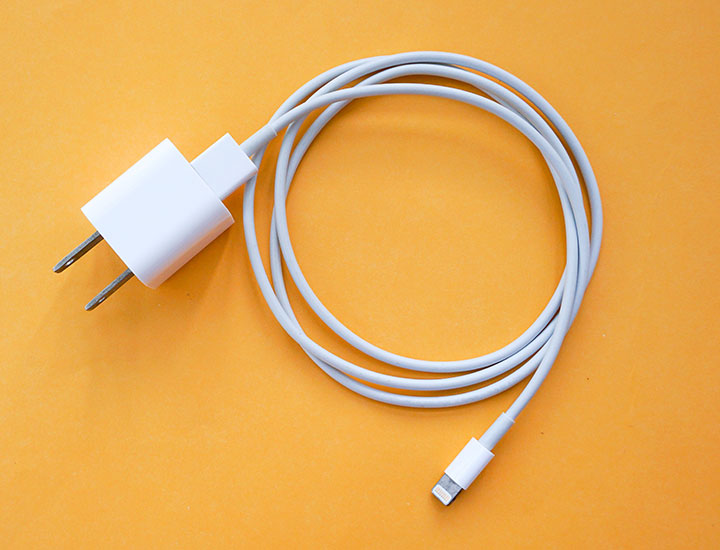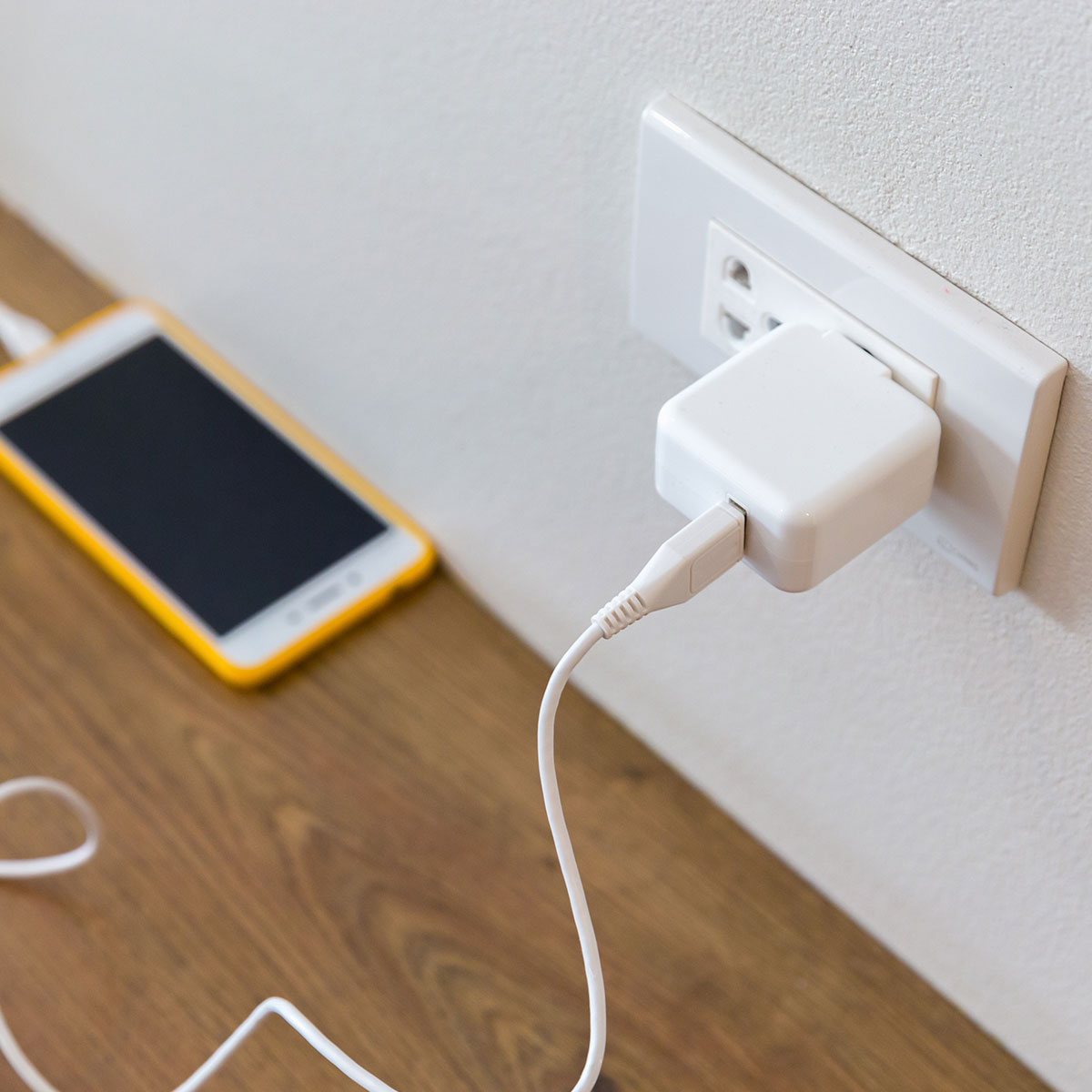Before you charge your iPhone again, consider this: you’re probably charging it ALL wrong.
But how, you’re wondering? All you have to do is plug in your device and wait, right? In theory, yes. But everything from the type of charger you’re using to the amount of time you’re spending charging your device can have an effect on your battery.
The good news is that as soon as you are aware of a mistake you can begin to correct it. Here are 12 common phone charging mistakes you can stop making today to get your device to a healthier place.
Charging Your Phone to the Max
Charging your phone to the max before using it the first time is a myth — and an action that won’t make a dent in the health of your battery. Cell phone batteries work best when charged between 40 to 80 percent. You can just buy your phone, take it out of the box, and use it immediately. If the battery is showing less than 40 percent, however, take it back to the store. The battery could be old.
Using Your Phone While It’s Charging
You can actually use your phone while it’s charging. It will still charge the same exact way.


Being Afraid of Chargers From a Different Brand
This one comes with a caveat: some off-brand chargers can harm your battery and take longer to charge. But that isn’t the case with all cheaper chargers. Make sure the charger is compatible with your device — this is key.
Thinking That Turning Your Phone Off Will Damage Your Battery
Leaving your phone off for an extended amount of time can kill your battery, but some devices actually work more effectively if you reboot them once in a while.
Trying To Train Your Battery
You can’t actually train your battery to hold a better charge. There’s no proof that waiting for your battery to drop to 10 percent (for example) before charging it is going to train it to hold a charge for longer. Frequent charges won’t hurt your battery.
Not Charging Your Battery Overnight
There’s this idea that charging your phone overnight will damage the battery, but modern-day devices and their batteries are equipped to handle longer charges. Still, it’s not the most effective way to charge your device — it’s better to keep it charged between 40 and 80 percent.

Putting Your Battery in the Freezer
Back in the ‘80s, people thought putting batteries in the freezer would make them last longer. But placing a lithium-ion battery in the freezer and exposing it to extreme heat or cold will only damage or kill it.
Using Task Managers
Task managers can not prolong your battery life. Third-party managers can control the apps you use, but they can’t control your battery efficacy.
Fearing To Leave Your Phone Charger Plugged In
There’s no reason why you can’t keep your phone charged in after charging your phone. The only reasons you should avoid leaving it plugged in are if you have pets, your charger makes weird noises or leaks, your house doesn’t have lighting protection, or there’s a chance your neighbors have a water leak.
Not Charging Laptops All the Time
Similar to smartphones, laptops stop charging when they are fully charged. You can keep them charged at all times.
Believing That the Internet Runs Your Battery Down the Fastest
This all depends on what you’re doing ON the internet. If you’re playing a resource-intensive online game or streaming movies and TV shows, then yes, your phone will run out of battery power fast. But if you’re just surfing websites, it won’t have that great an effect on your battery power.
Turning Off GPS, Wi-Fi & Bluetooth
Turning off GPS, Wi-Fi, or Bluetooth to preserve battery power won’t help you maintain battery for one reason: these services pull the most energy from your battery when you’re actively using them. When you aren’t using them, they may pull some energy, but not a great amount.
Separating facts from fiction when it comes to your phone and its battery can help you do things that actually DO make a difference, while avoiding spending time worrying about actions that won’t really affect your battery all that much.


























